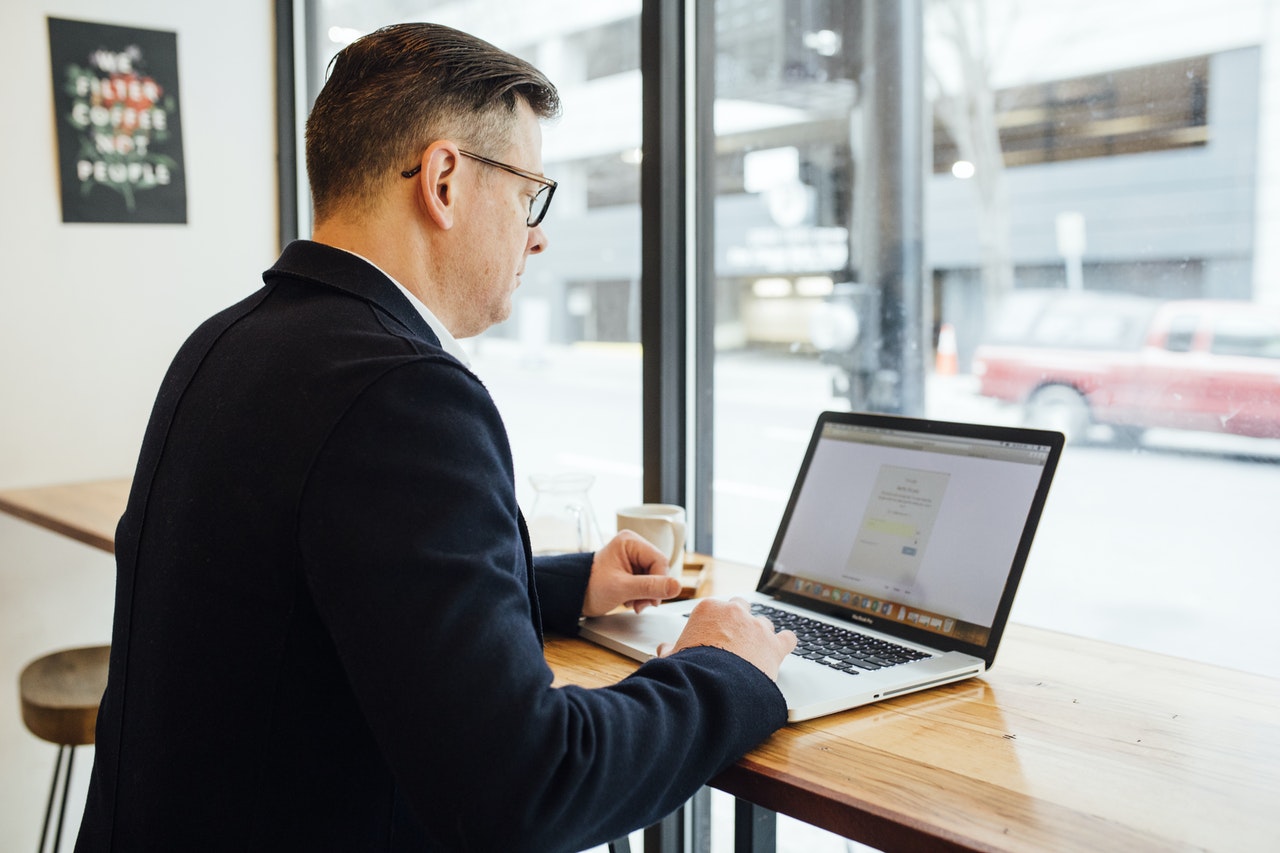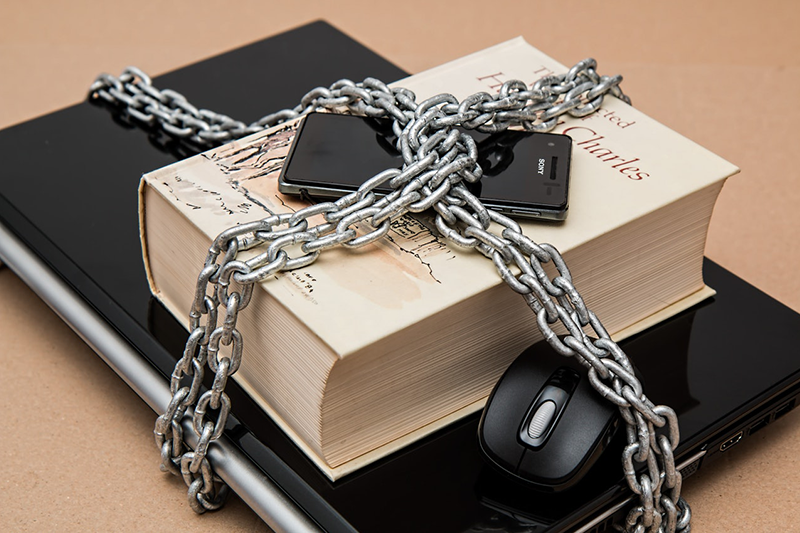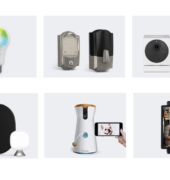Computer Security: Best tips to protect your computer and your privacy
The internet can be a good and bad place at the same time, that much we can all agree upon. While some people use it for research, gather knowledge as well as market their trades, unfortunately, others use it for their nefarious purposes which is why computer security is a popular topic of discussion.
The increasing number of security threats on the internet means the need to protect oneself and privacy from cyber-attacks and threats is increasingly becoming more popular and important.
In this write-up, we will discuss what computer security is and the best Computer security practices you need to know to protect your privacy on the internet.
What is Computer Security?
Computer Security means protecting your computer system and the personal information contained on it from unauthorized use and theft.
It involves installing update-to-date security software on your system to prevent attacks or data breaches. This way, information stored on a computer is only accessed by people it is intended for and cannot be modified without permission.
There are different types of computer security although they all serve one purpose – keep your information secured. Below are some computer security types:
- Information security: This type of security involves protecting information on your computer system from unauthorized access or modification either with online or offline means.
- Application security: This type of security deals with monitoring cyber threats or attacks from applications being installed on your computer system, either offline or online.
- Network Security: Network Security involves protecting your computer system from attacks or data breaches when it is connected to a remote network, for instance, Hotel Wi-Fi service.
Different Computer Security Threats
A computer is susceptible to various dangers and threats by various means. Here are three common harmful threats:
· Virus
This is the most common way to lose your files and important information to unauthorized users. Although a computer virus is a malicious program, it is not usually used to steal information. Instead, it is often used to infect the files and programs on the computers it comes in contact with. Hence, resulting in loss of data or a severe scenario – permanently damage the infected computer.
· Phishing
Phishing is a type of cyber attack on your computer that is quite unfortunately easy to fall victim to. Phishing involves sending a disguised email to an individual’s computer with the sole purpose of stealing personal or financial information from them.
· Worm, Rootkit, Spyware, and Keylogger applications
These types of applications are the worse kind of threats you don’t ever want to fall victim to. They are usually designed to continuously monitor your activities while also stealing any sensitive and financial information that enters your computer.
These type of applications also allows unauthorized access to your computer system. They usually pop up on a website and are disguised so you do not even know you are downloading the wrong thing while trying to install an app or software to your computer.
Importance of Computer security
Without a doubt, you can already see exactly why you do not want to fall victim to a cyber-attack on your computer system.
Simply put, to keep your personal and financial information secure and protected, it is important to maintain the overall security of your computer system. Besides, any attack on your computer system also impacts the performance of the computer.
Best Computer Security Practices

With all that has been said, here are some important protections you can put in place to protect yourself from the relentlessly growing computer security threats:
- Secure your computer by adding a password that is unique only to you. It is preferable to use a combination of numbers and letters. That way, you and only you can unlock your computer system.
- NOTE: Avoid using easy-to-guess combinations that contain common information about yourself. For instance, anyone can chance upon your date of birth or surname. This is also why it is important not to use this sort of information when creating passwords for your financial accounts or other online profiles.
- Install reputable anti-virus and security software: There are lots of reputable and trusted software that you can find on the internet that offers 24/7 protection for your computer. The only drawback is you have to pay for this software to offer maximum protection. However, considering just how much they can protect your privacy and files, no amount spent is wasted.
- Take caution when visiting a website that does not have SSL certificates: Have you ever tried to access a website and your chrome browser bring a prompt that the SSL certificate of a website has expired? Or that the website is unsafe? Or do you simply see a “Not Secure” text or an unlocked padlock icon close to the URL bar on your chrome browser? This type of prompt is very important to take note of. When you come across indicators like these, it simply means the website hasn’t taken any precautions to protect any information you share on the website.
- Regularly update your computer’s inbuilt security software and a firewall: Every computer system comes with a pre-installed security firewall which is usually enough to protect your computer. The only issue with this pre-installed protection is that they only work best when they are up-to-date. This is especially important if you are trying to connect to a Local Area Network or simply surfing the internet using your modem.
- Perform regular system software updates for your computer
- Never click or download emails or email attachments from sources you do not know
- Ignore pop-ups and take caution while downloading files over the internet: There is hardly anyone who hasn’t tried to download an image, audio, or video file over the internet just because they didn’t want to pay for it. While this is understandable, it does bring pose some threat to your computer security.
- Back up your files: While it is easy to say one can avoid threats and attacks, there is no 100% threat-free method. This is why you want to create backups for any file on your computer system.
These are just some of the ways you can protect your privacy as well as a guide against any cyber-attack.





